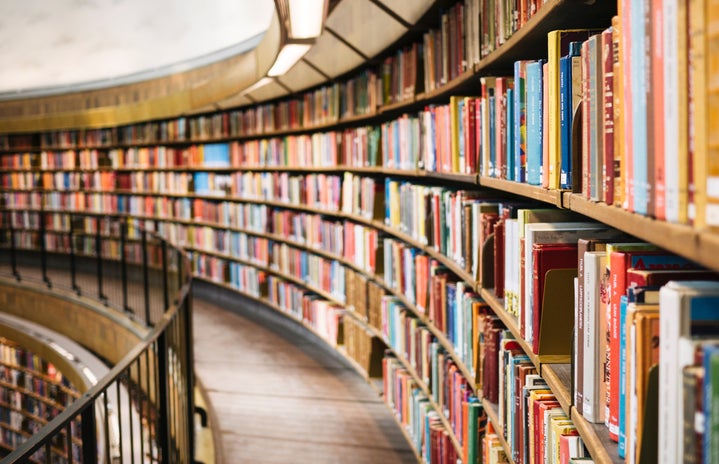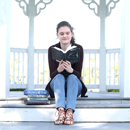On March 26, both NPR and The New Yorker ran stories about a “National Emergency Library” set up by Internet Archive, a nonprofit group that hosts a digital collection of 1.4 million free books. Until June 30 (or whenever the national emergency ends), anyone can check out books from the website without the usual waiting list.
While the articles are seemingly well-intentioned, with an emphasis on the necessity of access to books in dire times, a community of authors on Twitter did not respond with the same enthusiasm for the Emergency Library. The articles sparked an ongoing discussion about book piracy, and whether or not the moral benefits to open access outweigh the financial losses to authors and creators in publishing.
Many authors are of the consensus that the creator behind an intellectual product should be fairly compensated for their work in all cases. While piracy of movies and music often leads to lawsuits or the removal of unfairly used content from webpages (like YouTube), book piracy is not considered with the same mentality. Because of the intrinsic educational and social value of books, many readers—and a few authors—feel that book piracy is the only solution for readers without financial means to buy a book or those readers who live in countries without the same access to books as the United States.

Authors expressed concern over the digital Emergency Library, which, despite its name, is not affiliated with the nation’s public library system. The authors cited Internet Archive as having illegally posted copyrighted books to download for free even before creating the National Emergency Library. Such authors included bestselling writers as Neil Gaiman and Colson Whitehead.
A source of some disparity in the disagreement over book piracy seems to stem from the assumption that authors are just as affluent as their music- and movie-producing counterparts in the entertainment industry. While this is true for the rare bestseller, one author explained in a thread how writers actually receive an income from book sales and the small percentage that usually works out to be.
As an alternative to using the National Emergency Library, several readers and authors promoted the extensive online resources often available through county public libraries. Through apps like Overdrive, Libby and Hoopla, anyone with a library card (which is easy to obtain with proof of residence in the respective county) can check out audiobooks or e-books from home. And if a library doesn’t carry a certain book, readers can place requests that the library purchase that book in a preferred format (physical, e-book or audio). When the library obtains a book for its catalog, the author and publisher receive compensation just as they would if the book were purchased in stores.

Further, authors suggested that if readers have the financial means, they should consider buying books from a local independent bookstore, which are going to new lengths during the coronavirus crisis to keep their doors open. Indie bookstores, including Tallahassee’s own Midtown Reader, have started offering free doorstep delivery for locals and nation-wide shipping through their websites.
After receiving a mass response on Twitter, NPR published a follow-up article explaining the backlash and authors’ concerns. The New Yorker does not seem to have done the same. Authors are urging readers to support the stories and writers they love not only through word-of-mouth and online promotion but through the statistics that count the most: sales. And if that’s not a feasible possibility, then consider going through the proper channels of the (real) public library system.
Want to see more HCFSU? Be sure to like us on Facebook and follow us on Instagram, Twitter and Pinterest!



